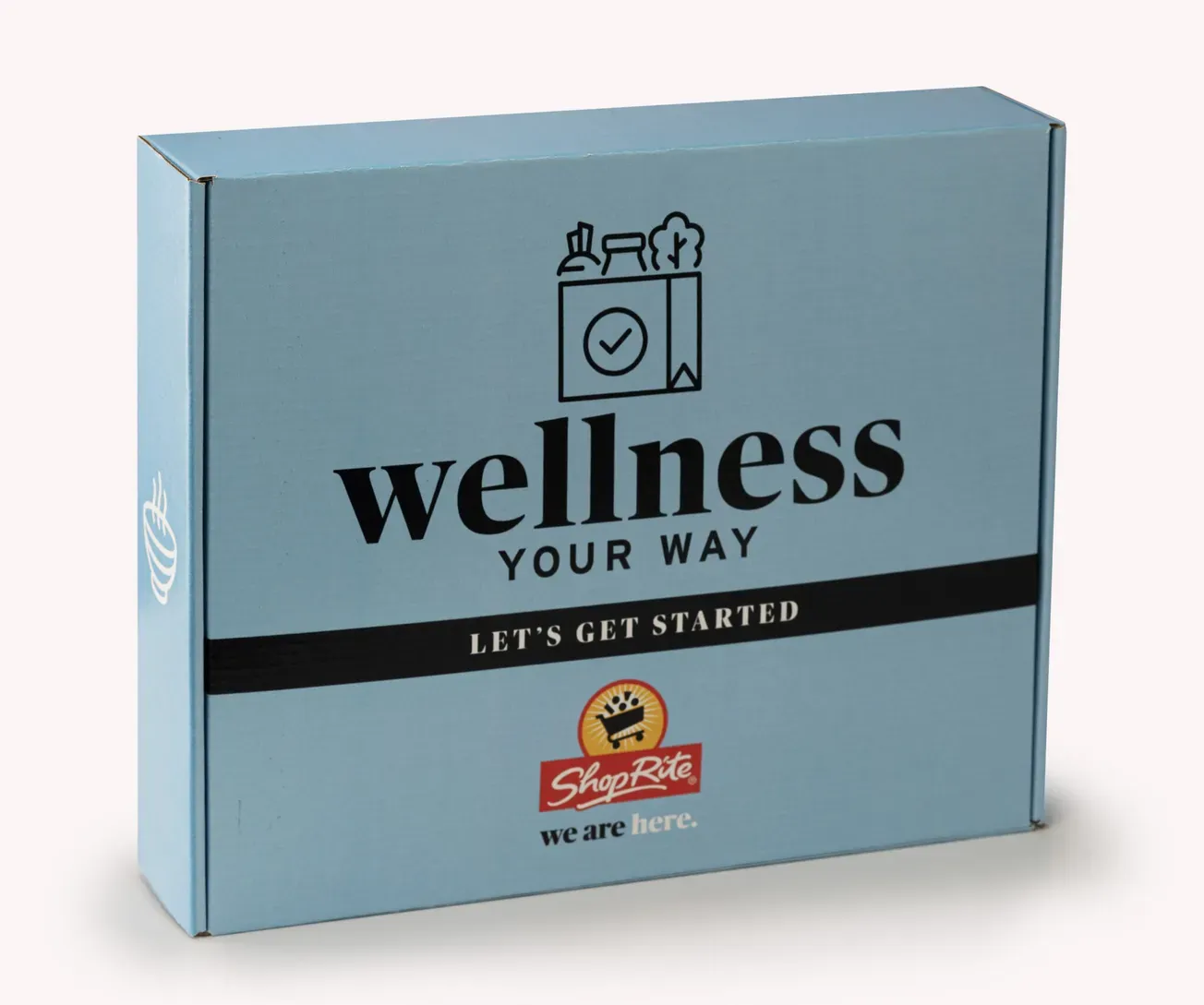Retailing is in a rut. Not only the U.S. version, but retailing around the planet.
Retailing is in a rut. Not only the U.S. version, but retailing around the planet.
Initial sales results for the new year range, depending on your perspective, from disappointing to disastrous. Consumer behavior borders on indifference, with one notable exception: Shoppers continue to buy online, though hardly turning in the numbers that the publicity implies.
Retailing innovation is notable only by its absence. New formats, new prototypes, new approaches to marketing, merchandising or promotional activity are nowhere to be found.
Perhaps most telling of all, retailing, hardly adept at telling its story when it has a happy story to tell, is spreading its own bad news more quickly and effectively than the media whose job it is to report on the state of things.
Case in point: The unfolding Target story wherein this mass retailer, one whose performance is usually flawless and whose reputation is beyond reproach, is occupied today with rushing to inundate consumers with the latest chapter in the now famous hacking scandal that has compromised the security of millions of shoppers. In its tedious effort to apologize, Target succeeds only in confusing a consumer population already nervous about shopping a retailer that, until recently, was among the favorite destinations.
In this case, the system, not the retailer, is the culprit — despite Target’s insistence on accepting blame and responsibility.
If Target has emerged as the major story thus far in 2014, one reason is that no positive development has emerged to replace it. Walmart is busy announcing disappointing results that have obscured its laudable initiative of encouraging suppliers to produce more goods in the United States. The National Retail Federation appropriately recognized Costco founder Jim Sinegal with its lifetime achievement award, but minimized the impact of the event by limiting, and charging for, attendance at the luncheon at which the award was bestowed.
However, amidst all this gloomy negativity, one positive accomplishment has emerged — with appropriate publicity. CVS, America’s second-largest drug chain, has announced that it intends to stop selling tobacco products by October 1.
The announcement was immediately circulated in the consumer press, getting national coverage that was universally favorable. While the intent here isn’t to comment on the wisdom of this decision — though it would be hard to fault or criticize it on ethical or moral grounds — it must be lauded for the glow it brought to the retailing community.
Yet good retailing news has not been limited to the CVS announcement. In the chain drug retailing segment, both Walgreens and Rite Aid are outperforming even the most optimistic forecasts. Kmart and Sears remain in business, despite ongoing predictions of their demise. Dollar General, America’s leading dollar-store retailer, continues to set records, while the other “value” retailers perform well, though the departure of Mike Bloom from Family Dollar, where he was president, did upset that retailer’s momentum, at least temporarily.
But perhaps the biggest news of a positive nature is emanating from the grocery industry. More important, the news is not about sales or earnings, but rather the continuing evolution of the grocery concept. Virtually every important supermarket operator is rolling out a new prototype, more dynamic and exciting than anything yet unveiled. Publix, ShopRite, H-E-B, Whole Foods, even some of the Kroger divisions (though Kroger does a better job at hiding its progress than any other food retailer in the United States) are opening new stores that offer their customers the newest, most innovative and most exciting ideas about what food is, has become or should be.
Moreover, this new level of innovation is by no means limited to the United States. Tesco in the United Kingdom and Coles in Australia are offering their customers assortments that emphasize healthy eating, sustainability and environmental friendliness as well as variety and new eating options.
This mini-revolution in food has been long in coming. In the past, grocery retailers have been more interested in protecting their turf than in expanding that turf. But those days appear, at least for the moment, to be over. And supermarket innovation will ultimately benefit all of mass retailing — as well as the customer.





